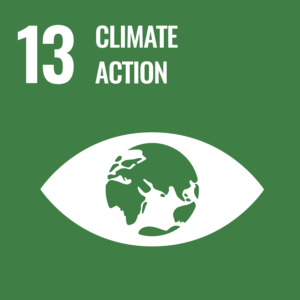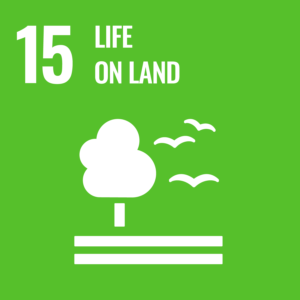Ejolle Lovert Epie - Cameroon
Ejolle Lovert is working on the conservatory management of the Congo basin rainforest and the sustainable governance of the natural vegetation landscape of west and central Africa. Lovert Epie’s objective seeks to foster climate action, environmental sustainability, and the rights and livelihoods of people.
Lovert ensures the availability of landscape and forest resources to current and future generations for their human and environmental needs – working towards the continuous availability of landscape and forest resources for rights and livelihoods, resilience ecosystems, conserved biodiversity and climate actions for intergenerational equity. Lovert has planted more than 10,000 cocoa and palm trees in indigenous communities’ farmland to reduce poaching, forest resource exploitation and illegal sales in dense forest regions. He has carried out climate awareness and sensitization campaigns as well as education to students and communities through workshops to reduce unsustainable practices and raise awareness. Lovert has increased youth engagement in entrepreneurship to reduce forest pressure and unsustainable activities. Lovert has planted more than 5,000 trees in the semi arid and desert areas to combat climate crisis and desertification.
As the founder and CEO of the Joint Action for Sustainable Development (JOINTASDEV) in Cameroon, Lovert and the organisation work towards community awareness, socioeconomic empowerment of people, and the sustainable management of forest resources, biodiversity and living ecosystems. The organisation’s values are related to conservation, and committed to diversity, respect,and ethics.
Jointasdev’s main activities are tree planting, climate change education, sustainable agriculture, wetland and marine coastal cleaning and maintenance, clean water and sanitation, cultural heritage conservation, skill development, waste recycling, renewable energy solutions, community development and research programs.


